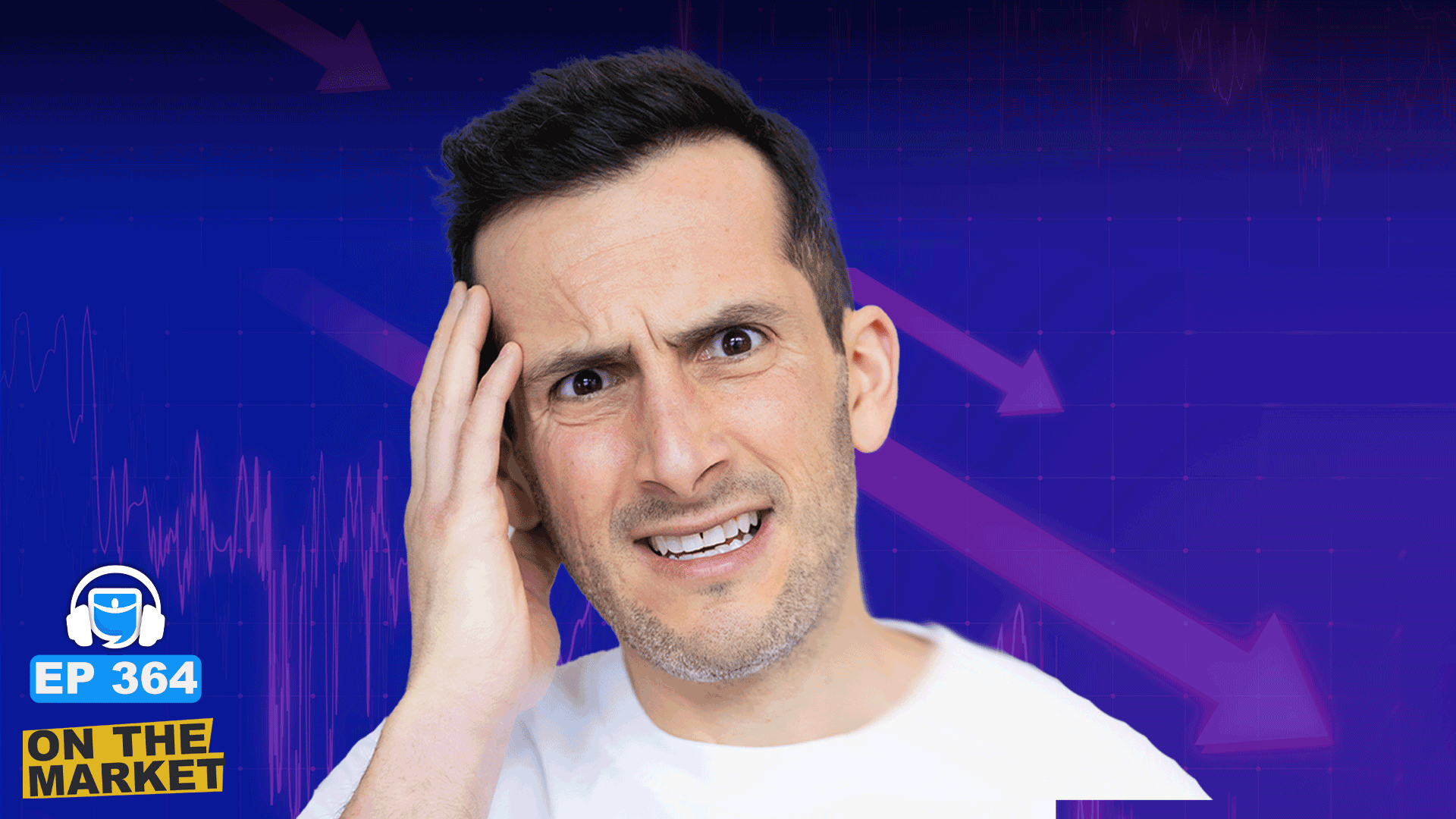Gen Z is now making up a quarter of the global workforce, but the new foundational demographic of the workplace is hardly a monolith. Toto Wolff, CEO and team principal of Mercedes-AMG Petronas Formula 1 Team, believes it’s unfair to make assumptions about the entire generation’s working habits.
Wolff knows first hand what it looks like to work with Gen Z employees. At the beginning of the 2025 F1 season—and following the departure of veteran driver Lewis Hamilton to Ferrari—Mercedes updated its driver lineup, tapping 18-year-old Italian rookie Kimi Antonelli to join the more seasoned 27-year-old Briton George Russell. Mercedes, which has won eight Constructors’ Championships and nine Drivers’ Championships, announced on Wednesday the team would stick with the pairing for the 2026 season.
While the drivers may share a youthfulness that puts them both in the Gen Z bucket, Wolff said working with the pair helped him see the generation as having a multitude of skillsets and needs.
“I have two very different drivers: a young English gentleman and an Italian rock-and-roller,” Wolff told Fortune. “I think it’s a bit unfair to say they’re all the same, that Gen Zs are all the same.”
“It’s about the human, about their personalities, about their strengths and weaknesses,” he added. “I really enjoy working with either of them.”
Gen Z has developed a bad rap in the workplace, even deemed “unemployable” by New York University Stern School of Business adjunct professor Suzy Welch. The generation, which has weathered a global pandemic and unsteady economy during their formative years, has adopted the stereotype of being lazy and unmotivated, thanks to the rise of trends like quiet quitting and career minimalism that have young workers setting clearer boundaries between their personal and professional lives.
But from Gen Z’s perspective, despite being the second most educated generation behind only millennials, young workers face AI’s threat to the labor market and “youngist” prejudices held among hiring managers with preconceived notions about the generation.
Wolff’s advice for young professionals
F1 drivers—numbering only 20 in the sport and currently with an average age of 27—are not typical employees. But even working with young elite athletes, Wolff believes everyone should take it a little easier on the generation.
“I believe that we mustn’t pressurize Gen Z so much by, ‘You’ve got to find your purpose, your passion, and work hard,’” he said. “It’s important to understand that when you’re young, your interest can change, and as long as you give it all you have with enthusiasm, then there’s a pretty good chance in terms of success.”
F1 drivers typically begin their racing careers in the single-digits, driving go-karts before working their way up the single-seat racing series, winning sponsorship dollars and races. But committing to a career before one has even left grade school should not be the norm, Wolff said.
“Nobody expects a 25-year-old to have found the ultimate goal or job,” he concluded. “It was in my end-of-20’s that I started to find out actually what I wanted.”
Wolff himself had a winding career before becoming top brass for Mercedes’ F1 team. The 53-year-old CEO began a racing career in 1992, then won his category in the Nürburgring 24 Hours, a touring car race, in 1994. But Wolff left racing that same decade, founding investment companies Marchfifteen and Marchsixteen focused on technology ventures. He bought a stake in the Williams Formula One Team in 2009, joining its board of directors before becoming executive director of Mercedes’ F1 team in 2013. He is the longest-tenured F1 team boss in the sport currently.
Wolff has gained a surge of followers in the U.S. as a result of the rise of Formula 1, due in part to the hit Netflix docuseries Drive to Survive, as well as the Apple film F1 released earlier this year.
“Five years ago, nobody would have stopped Toto Wolff on the street. Now people stopped him on the street,” Werner Brell, CEO of autosport multimedia company Motorsport Network, told Fortune. “That’s obviously so America, so Hollywood. I think to me, that’s an unexpected outcome of how the content side and the side of the storytelling has improved the sport.”






















